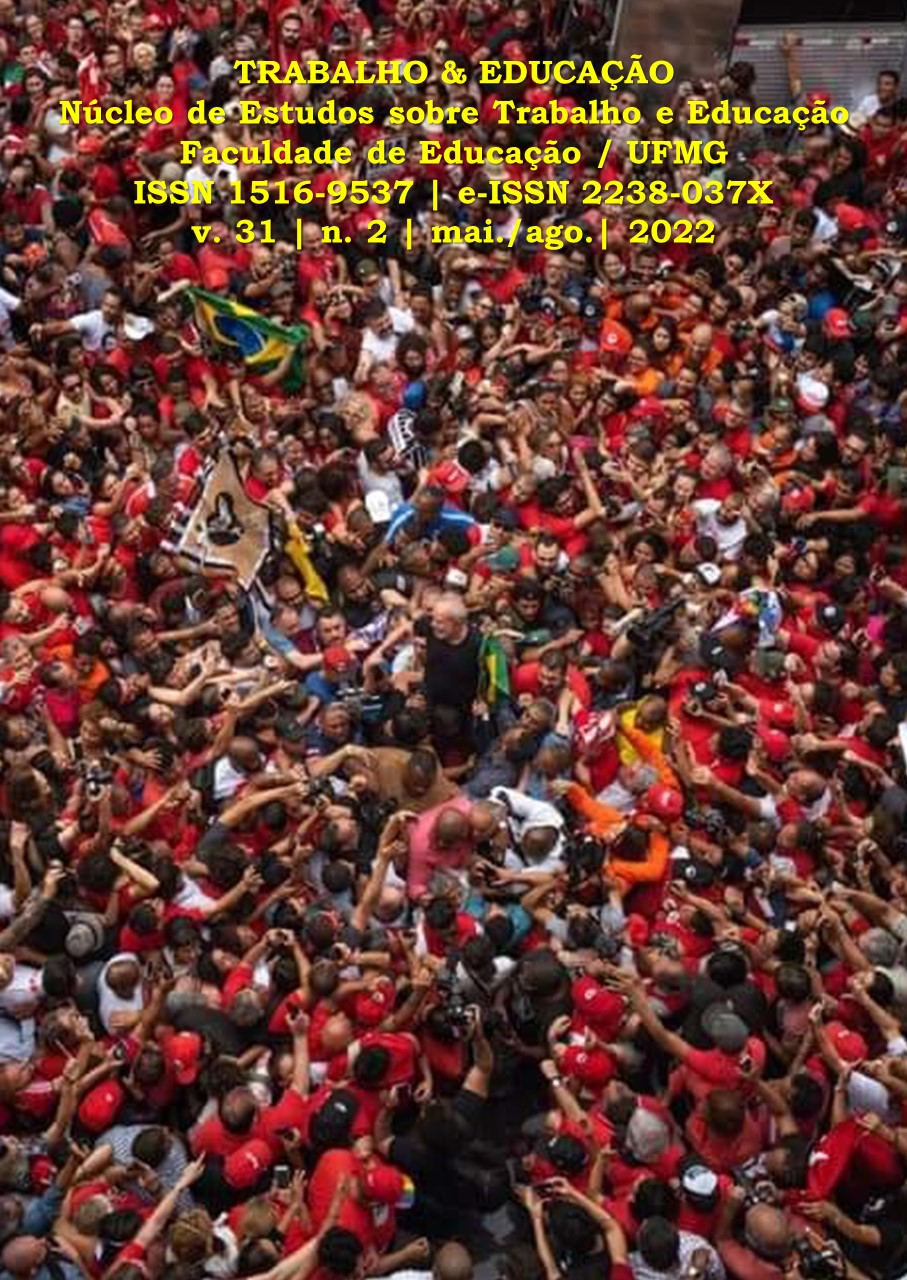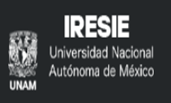A PRECARIZAÇÃO DAS RELAÇÕES DE TRABALHO
O CASO UBER E O DESENVOLVIMENTO LOCAL
DOI:
https://doi.org/10.35699/2238-037X.2022.37461Palavras-chave:
Precarização, Relações de trabalho, Motoristas de aplicativo, Garantias trabalhistas, Desenvolvimento localResumo
A precarização das relações de trabalho está presente em variados segmentos produtivos, tendo se intensificado nos últimos quarenta anos, especialmente pelos avanços tecnológicos e comunicacionais que ganharam mais espaço em direção à expropriação da força de trabalho para atender às políticas neoliberais, ao mesmo tempo em que se cercaram de meios de controle nunca vistos. O número crescente de desempregados facilita essa lógica do capital, quando descartam o trabalhador ou realizam o pagamento sob demanda. As empresas de tecnologia, se constituindo como governo privado, impõem suas regras e criam as próprias leis, na medida em que exercem assombroso poder sobre os municípios nos quais se interessam instalar. Enquanto há algum tempo ocupações sem direitos trabalhistas eram admitidas como ‘bico”, recentemente, como visto entre os motoristas de transporte por plataformas digitais, revelam trabalhadores com pós-graduação, realizando a atividade por anos, ininterruptamente, como única fonte de renda, com a crença de que, de fato, exercem trabalho autônomo, repetindo o discurso das gigantes comandadas por algoritmos. A narrativa empresarial atinge a subjetividade dos trabalhadores, que passam a ignorar seus pares, em inequívoco desprezo por mobilização coletiva. Da vivência como profissional advogada trabalhista emergiu a questão norteadora: o que dizem os motoristas por aplicativo sobre exercerem essa atividade que não tem garantias trabalhistas? Para responder essa indagação, este estudo objetivou analisar a precarização das relações de trabalho na atividade dos motoristas que utilizam o aplicativo Uber como geração de renda, mesmo sem garantias trabalhistas, com vistas à produção de uma contribuição técnica na área da educação, com características de inovação social e voltada ao desenvolvimento local. A pesquisa, de caráter descritivo e abordagem qualitativa, foi realizada com quatorze motoristas do aplicativo da Uber da cidade de Belo Horizonte e que se dispuseram a responder a entrevista semiestruturada. Os depoimentos gravados com anuência e, posteriormente, transcritos passaram pela técnica de análise temática de conteúdo, com apoio do programa webQDA. Os dados indicaram trabalho em jornadas extenuantes, sem férias, às vezes sem intervalo durante a jornada, e com rebaixamento da remuneração a partir de 2016. O sentimento de insegurança foi outra constatação majoritária entre os entrevistados. Apesar da ausência de proteção trabalhista da atividade, percebeu-se que ela é revestida de alta relevância por atender às necessidades imediatas dos trabalhadores. Outra constatação foi a desarticulação coletiva, decorrente do individualismo com que o trabalho é executado, apesar de ações de empatia dentro do grupo, mas que se restringem à caridade, o que denota a relevância de se promover ações de conscientização e reflexão crítica sobre a importância da articulação coletiva que contemplem o público composto por mais de seiscentos mil motoristas no Brasil, sendo trinta e cinco mil apenas em Belo Horizonte, a partir de disseminação de informação como os podcasts, resultando em valorização dos trabalhadores das plataformas digitais, que propicie melhoria da qualidade de vida e desenvolvimento local.













